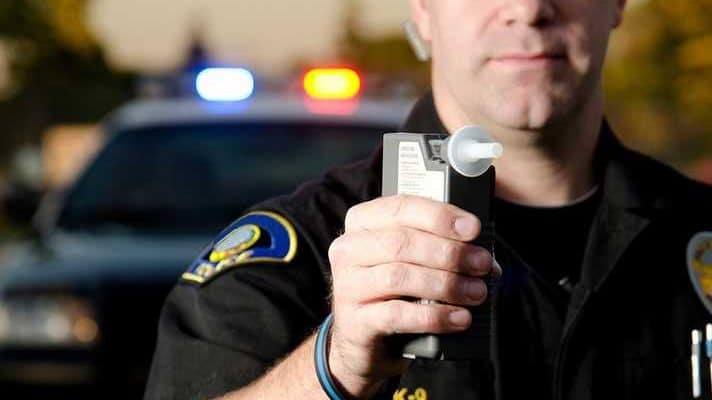DWI stands for driving while intoxicated. It refers to being under the influence of alcohol or drugs while operating a vehicle on a public road or highway. In Texas, it is illegal for any driver to drive while intoxicated (DWI). This includes:
Driving with a blood alcohol concentration (BAC) of 0.08% or higher. A BAC of 0.08% means that you have consumed 8 milligrams of alcohol per 100 milliliters of your blood, according to the National Highway Traffic Safety Administration (NHTSA).
Driving with an amount of alcohol in your system causes impairment but doesn’t necessarily result in a BAC level of 0.08%. This amount is commonly referred to as “impaired driving.”
Let’s look at the types of DWI offenses in Texas
Categories of DWI Offenses and Their Penalties
Class A Misdemeanor
The court can decide to punish you with jail time and fines for a class A misdemeanor DWI. The punishment for this offense is up to 1 year in jail and up to $6,000 in fines. If you have a previous DWI on your record, then the punishment will be more severe.
A DWI first Class DWI conviction includes driving under the influence of alcohol or drugs (DUIL). This offense involves the use of any drug or the presence of alcohol above the legal limit while driving a motor vehicle. In Texas, a driver can be charged with this offense if they have a BAC of.15 or even higher.
Class B Misdemeanor
A person is guilty of this offense if they have 0.15 percent or more by weight of alcohol in their blood and the concentration of alcohol in the blood is 0.08 percent or more at the time of driving, regardless of whether the person has been previously convicted of a DWI within 10 years.
Aggravated DWI
An aggravated DWI occurs when someone is driving under the influence of drugs or alcohol and causes bodily injury or death to another person and a third party in the accident. This can attract a maximum of 10 years in prison and around $10,000 in fines. Once convicted of aggravated DWI, your driver’s license will be revoked for at least two years, and additional penalties may be imposed on top of those imposed by the courts for this crime.
What to Do If Charged With DWI offense
Once arrested for DWI, call an attorney immediately. If possible, hiring an experienced criminal defense lawyer specializing in defending individuals facing drunk driving charges in Dallas, Fort Worth, Arlington, and other cities throughout Texas is best. Your attorney can help prepare your case and work with police officers during your arrest, so they don’t know what questions to ask or how to handle yourself during questioning.
Whether you were arrested for a first-time offense or have previous court records related to drunk driving offenses, it’s important to call an experienced criminal defense lawyer immediately before speaking to police officers or going through any formalities at the jail or courthouse.
Key Takeaway
A DWI is a conviction for driving while intoxicated, also known as operating a motor vehicle while intoxicated (OUIL). If you are arrested on suspicion of DUI in Texas, the police officer will take your blood alcohol content (BAC) and report it to the Department of Public Safety. Your BAC is then used to calculate whether or not you are above the legal limit.
If your BAC is over 0.08 percent, it means that you were more than two times above the legal limit. For example, if your blood alcohol content was measured at 0.15 percent, this means that you had three times the legal limit of alcohol in your body at the time of the arrest. If you have been arrested for DWI in Texas and have a high BAC, certain defenses may be available to help reduce your charge or even result in dismissal altogether.
